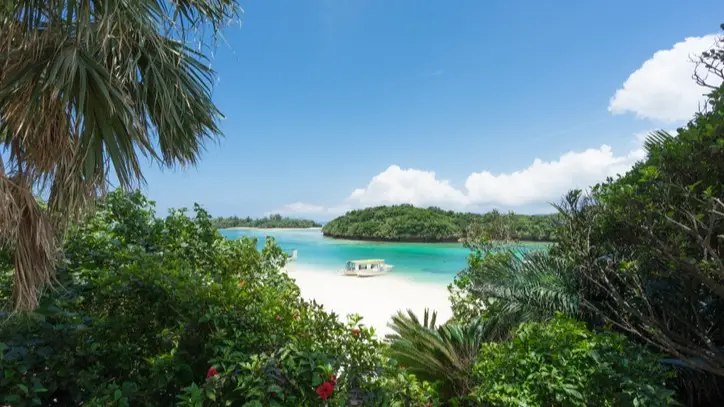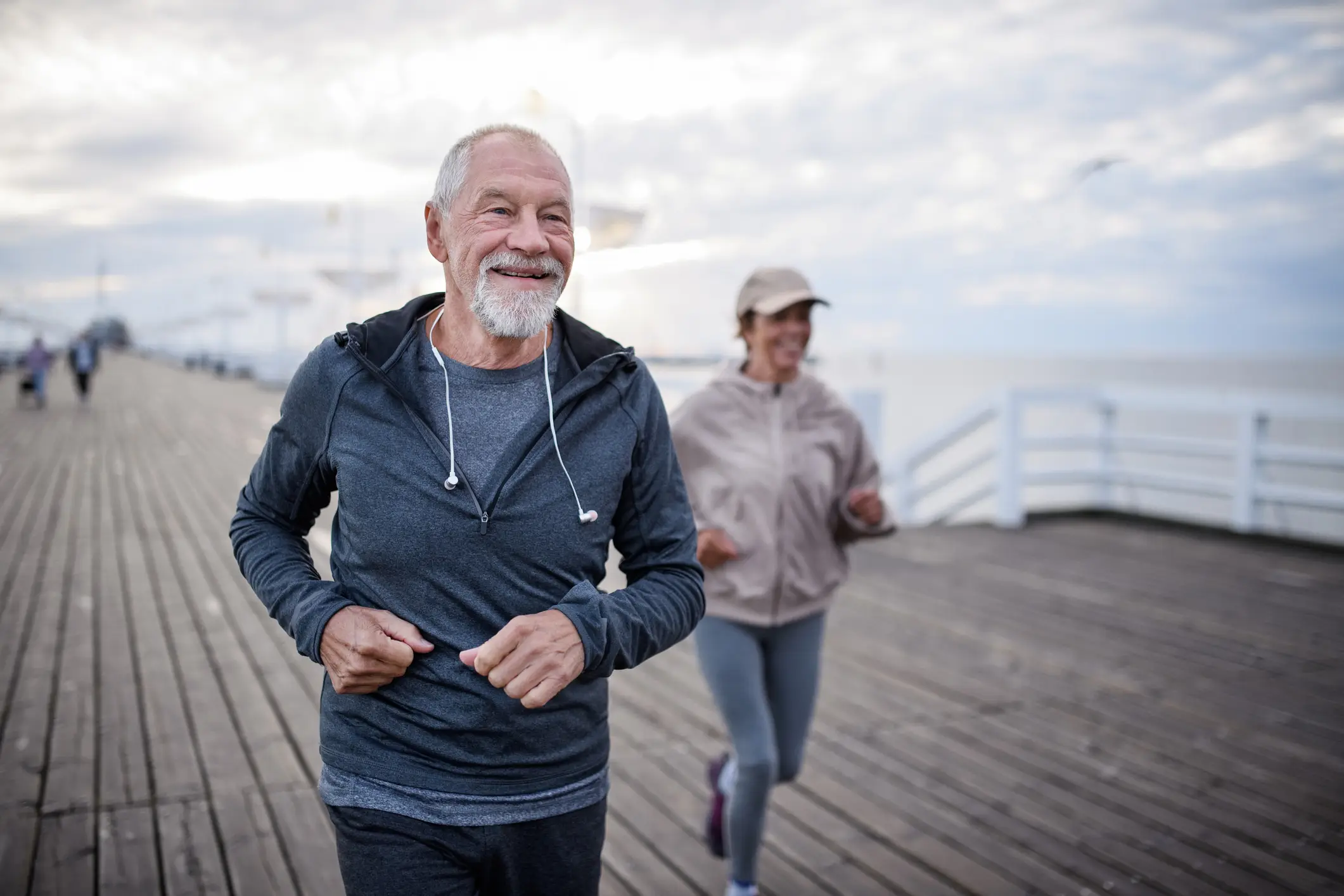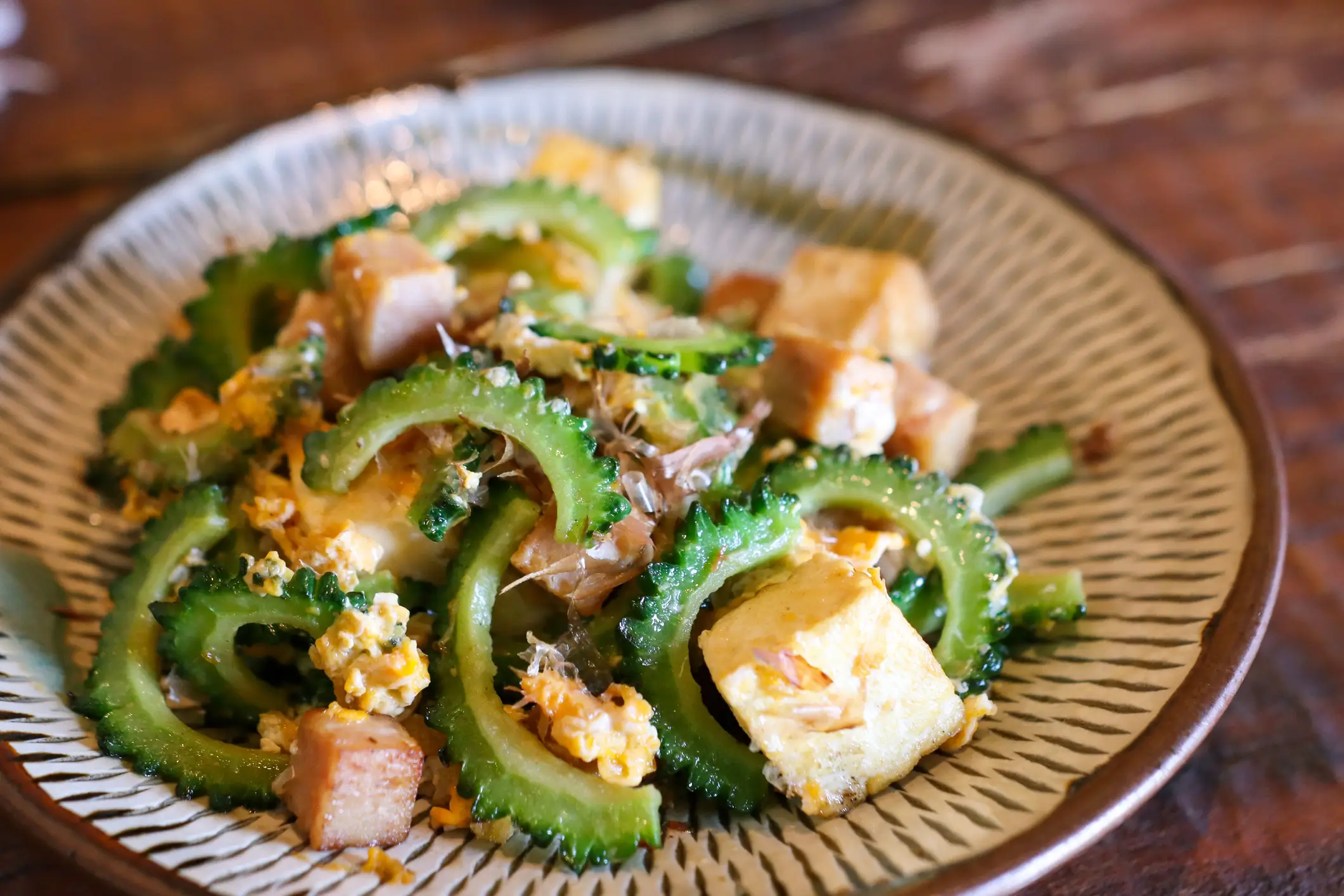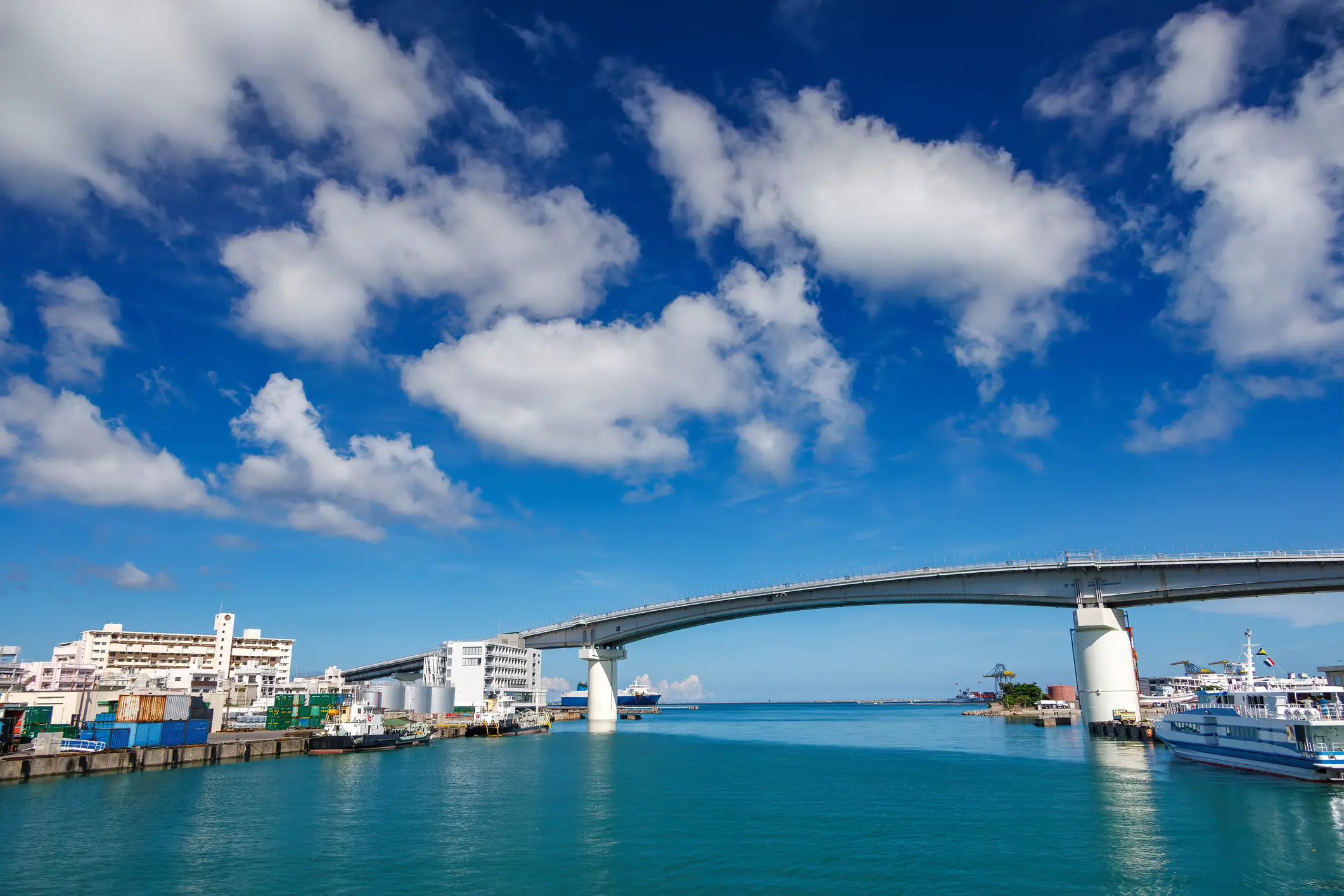
Fancy living long enough to receive a birthday card from the reigning king or queen?
Well then, you might want to implement these rules into your daily diet and lifestyle.
Living a long and healthy life has pretty much been a universal goal over the years, and one which has been taken to new lengths thanks to tech gurus investing in 'bio-hacking' treatments. Think of Bryan Johnson comparing his nighttime erections with his son as part of a crusade to never die.
However, you may not need millions in cash behind you to implement life-expanding routines into your days, with the lifestyles of centenarians in longevity hotspots providing tips we can all follow.
Advert
Often referred to as Blue Zones in the media, locations such as Okinawa in Japan, Greece's Icaria, Italy's Sardinia, and Loma Linda in California have been touted as places which have the 'cheat code' needed for longevity.

So what are they?
The topic was recently broached by travel influencer Kieran Brown, who claimed to have learnt 'five golden rules' while visiting Okinawa, a place which is said to have one of the highest life expectancies in the world.
Plant-based diet
When you think of the food served on the Japanese mainland, the first things which come to mind are likely rice and seafood; however, the traditional diet in Okinawa is underpinned by sweet potato, tofu and seaweed.
This however isn't to say that locals are either vegetarian or vegan, as fish products and meats such as pork.
The concept of 'hara hachi bu'
Hara hachi bu translates to 'eat until you are 80% full' and is pretty much self-explanatory, suggesting it's time to put down the knife-and-fork when you're nearly full instead of eating until you feel ready to burst.
Supporters of the diet say it can support mindful eating, support digestion and even decrease your risk of developing certain chronic diseases. According to one study on Okinawans and age-related health issues, hara hachi bu may contribute to their lower rates of cancer, heart disease and diabetes. However, more research is needed on the link.

Move naturally
Moving naturally - which means low-intensity exercises such as walking - is also encouraged, meaning simple things such as taking the stairs, gardening, and simply moving around can be just as beneficial as hitting the gym.
Which is certainly something everyone working in an office can implement into their lives.
Long-term friendship groups
According to one website on Blue Zones, people in Okinawa tend to have groups referred to as a Moai, which are friends who support you for life.
These groups often form during childhood and support each other, meeting regularly to discuss a variety of purposes.
Finding a 'purpose in life'
Last on the list is to have something known as an 'Ikigai', which can be described as having a plan or purpose in life, something to motivate you to get out of bed in the morning.

How accurate is the concept of 'Blue Zones'?
Of course, the idea of eating organically and walking everywhere, being able to extend your lifespan, is an alluring one, but its accuracy is one which is debated.
Sceptics of the theory have pointed to potential flaws in record-keeping that could debunk the theory.
In a 2024 study led by University College London's Dr Saul Justin Newman, he claimed that clerical mistakes, misattributed births and pension fraud cast doubt over some of the world's oldest people.
Which, if true, means we're back to Bryan Johnson and his erection tests as a barometer for longevity research.
Topics: Health, Travel, World News